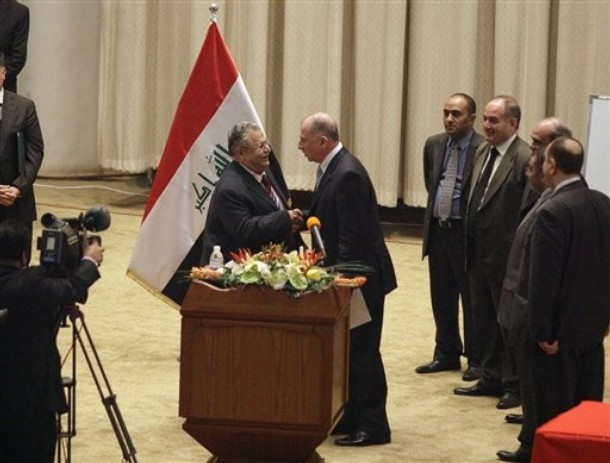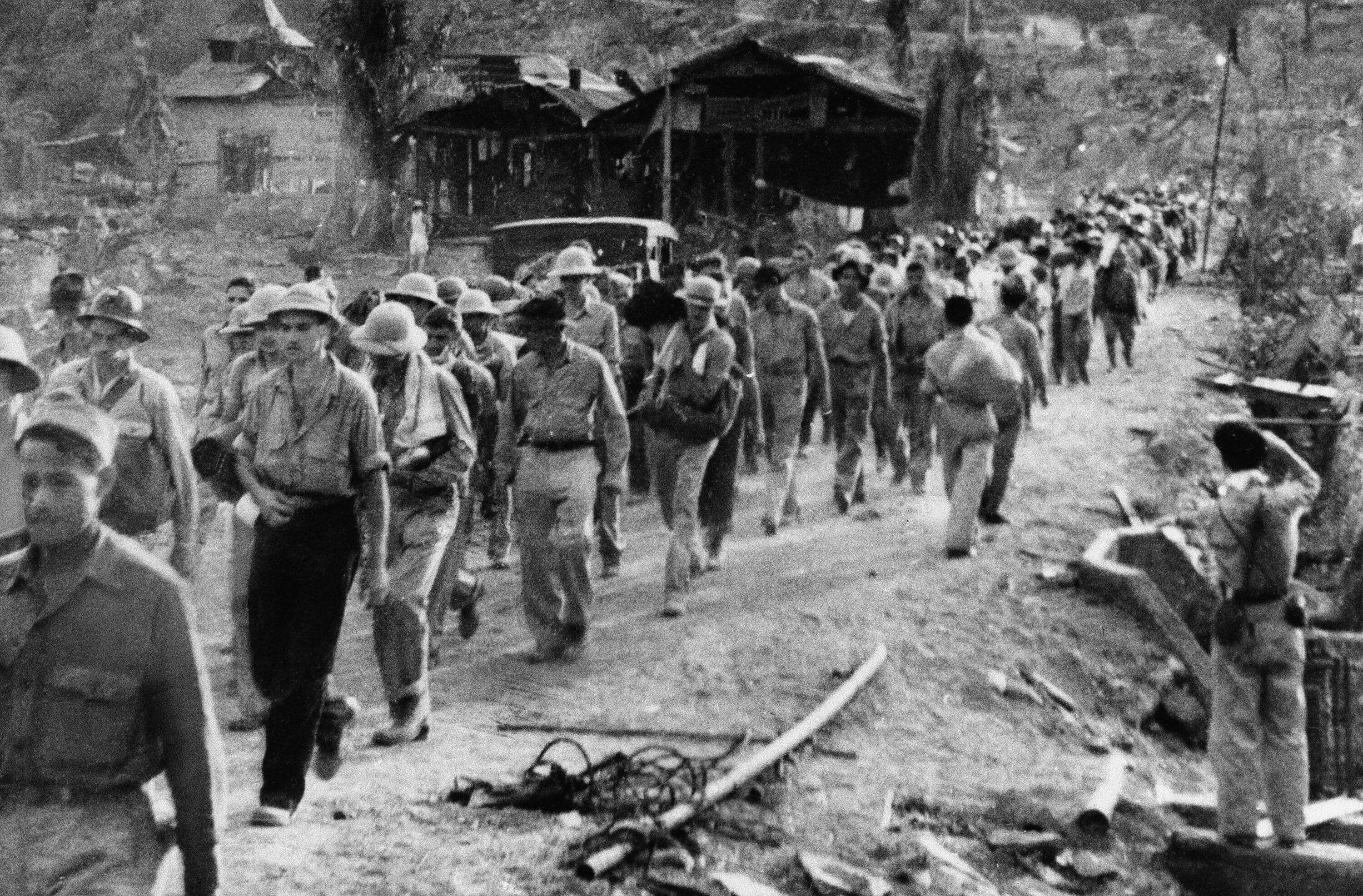Obama fails to hand-pick Iraq's president.

Since shortly before the Iraqi elections nearly eight months ago, there has been a low but steady chorus urging the Obama administration to micromanage Iraqi politics to ensure an outcome favorable to U.S. interests. The conceit - as espoused by people like the Brookings Institute's Kenneth Pollak - was that the U.S. could (quietly, of course, and oh-so-cleverly) help to pick and choose political winners inside the country to ensure Iraq developed in a way favorable to the United States.
The president apparently took that advice to heart:
Last Saturday, Mr. Obama phoned Mr. Talabani and asked him to give up the seat he has held since 2005 so that Mr. Allawi could be Iraq's president, according to U.S. and Iraqi officials familiar with the diplomacy. Mr. Obama on Saturday also urged the president of the Kurdistan region, Massoud Barzani, to accept Mr. Allawi in the role of the presidency.Since late summer, U.S. officials had been trying to get Mr. al-Maliki and Mr. Allawi to share power in the government because neither man's party won the majority of votes. But Mr. al-Maliki's Rule of Law party ultimately formed an alliance with the Kurds and another Shiite bloc with ties to Iran known as the Iraqi National Alliance.
Qubad Talabani, Mr. Talabani's son and the Washington representative of the Kurdistan Regional Government, said the Kurds were disappointed with the United States.
"As the deadlock continues, Iyad Allawi has said the only post he wants is prime minister or president. The Americans have come to us and have asked us to step aside and relinquish the post of president to Iraqiya and specifically to Iyad Allawi, which we find very disappointing," he said.
The Kurds are generally regarded as the most pro-American faction inside Iraq, and if they're not interested in helping out the U.S. then it's safe to conclude that no one else will either.
(AP Photo)











